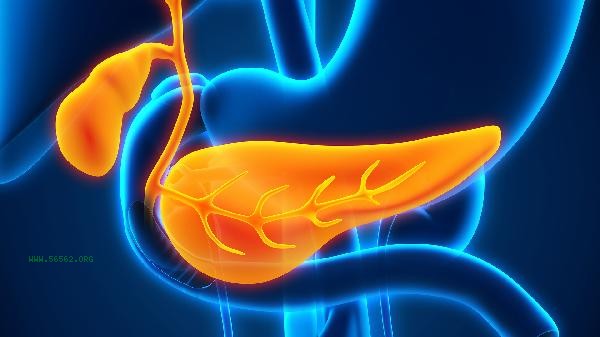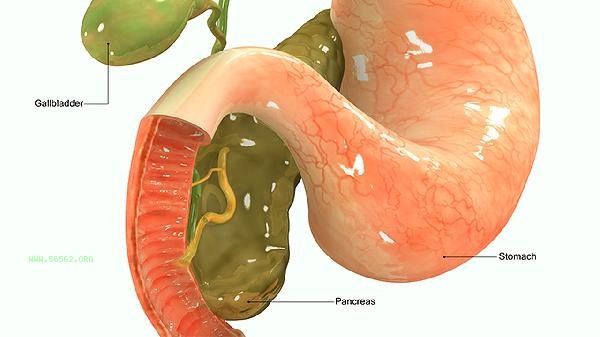Cholesterol does not belong to unsaturated fatty acids, and the two are lipid substances with completely different chemical structures and physiological functions. Cholesterol belongs to the steroid class of compounds, while unsaturated fatty acids are a type of fatty acid. The main differences lie in their molecular structure, food sources, and metabolic pathways.

1. Chemical structural differences:
Cholesterol has a tetracyclic sterol core structure, and hydroxyl groups make it hydrophilic; Unsaturated fatty acids are long-chain carboxylic acids containing one or more double bonds. The rigid cyclic structure of cholesterol cannot provide energy, while the double bond structure of unsaturated fatty acids can participate in energy metabolism.
2. Different physiological functions:
Cholesterol is a component of the cell membrane and participates in the synthesis of vitamin D and bile acids; The omega-3 and omega-6 series of unsaturated fatty acids are essential fatty acids that need to be obtained through food. Cholesterol can be synthesized autonomously in the body, and linoleic acid and alpha linolenic acid in unsaturated fatty acids must be supplemented from the diet.
3. Differences in food sources:

Cholesterol only exists in animal based foods such as egg yolks and animal organs; Unsaturated fatty acids are rich in vegetable oils, deep-sea fish, and nuts. Plant based foods do not contain cholesterol, but vegetable oils such as coconut oil contain saturated fatty acids.
4. Metabolic pathway differentiation:
Cholesterol is transported through low-density lipoprotein, and excessive accumulation can easily deposit in blood vessels; Unsaturated fatty acids can lower levels of low-density lipoprotein. Unsaturated fatty acids such as eicosapentaenoic acid have anti-inflammatory effects, while abnormal cholesterol metabolism may lead to atherosclerosis.
5. Health effects vary greatly:
Moderate unsaturated fatty acids are beneficial for cardiovascular health, except for trans fatty acids; Cholesterol intake needs to be controlled. The American Heart Association recommends a daily cholesterol intake of no more than 300 milligrams, with unsaturated fatty acids accounting for the vast majority of daily fat intake.

In daily diet, attention should be paid to distinguishing between these two types of lipids and choosing foods rich in unsaturated fatty acids such as olive oil and salmon to replace some saturated fats. Replace animal oil with vegetable oil during cooking, consume deep-sea fish twice a week, and limit intake of animal organs and fried foods. At the same time, maintain regular exercise and engage in 150 minutes of moderate intensity aerobic exercise per week to help maintain normal levels of blood lipid metabolism. For patients with hypercholesterolemia, a personalized dietary plan should be developed under the guidance of a doctor, and medication should be used if necessary.




Comments (0)
Leave a Comment
No comments yet
Be the first to share your thoughts!